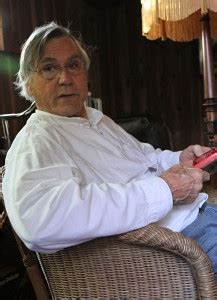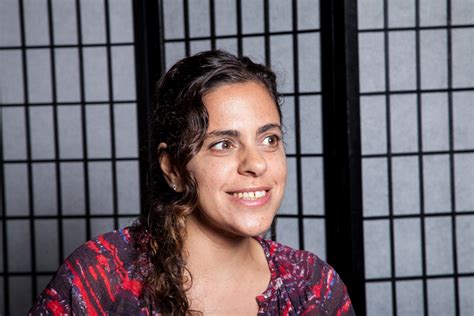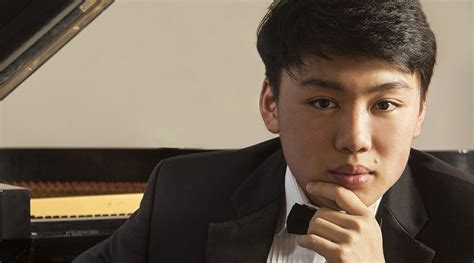A Quote by Richard Rodriguez
The notion that you go to a public institution in order to learn private information about yourself is absurd. We used to understand that when students went to universities, they would become cosmopolitan. They were leaving their neighborhoods.
Related Quotes
Unlike public universities and private, not-for-profit colleges, for-profit schools are owned by revenue-seeking businesses often more intent on boosting their bottom line than educating their students. They use hard-sell tactics to recruit prospective students, and veterans have become particular targets.
Whereas students minds used to be the chief concern of colleges and universities, it is now more their bank accounts (more accurately, that of their parents and of the taxpayers). If students happen to learn anything useful while enrolled, that's good, but if not, as long as they've paid their bills, that's not the university's problem.
I teach art at a famous art school, and yet I don't have really the least notion what post-modernism means, but we have people in the letters and science department that understand it quite well and the students go there if they want to understand what this term that is being bandied about is all about, but I've never understood it.
When I used to teach writing, what I would tell my playwriting students is that while you're writing your plays, you're also writing the playwright. You're developing yourself as a persona, as a public persona. It's going to be partly exposed through the writing itself and partly created by all the paraphernalia that attaches itself to writing. But you aren't simply an invisible being or your own private being at work. You're kind of a public figure, as well.
To attach full confidence to an institution of this nature, it appears to be an essential ingredient in its structure, that it shall be under private and not a public direction-under the guidance of individual interest, not of public policy; which, would be . . . liable to being too much influenced by public necessity.
Students at residential universities often live together and spend time on activities that aren't connected with the university. Then, should the university's rules about sexual consent extend to students' private lives? In my book, I argue that these narrow rules should extend to students' private lives no matter what or where they happen to be conducting those lives. The logic is that sexual assault is a form of discrimination and denies the victim an equal education. The point of university life is to get that diploma and nothing should stand in the way.
If one has to conform to a certain taste, he/she might lose his/her own individuality and imagination. But if you don't really care about winning competitions and think of them as chances to learn from the experience, they would become good ways to learn about others and yourself. Competitions are also stages where one becomes known to the public.
There is a saying that to understand is to forgive, but that is an error, so Papa used to say. You must forgive in order to understand. Until you forgive, you defend yourself against the possibility of understanding. ... If you forgive, he would say, you may indeed still not understand, but you will be ready to understand, and that is the posture of grace.
[Veterans] have been treated very badly.That includes - veterans' choice so veterans can either attend a public V.A. facility or if they have to wait online like they've been doing, sometimes for as much as seven days and then still not get proper care, they'll go to a private medical center or they'll go to a private or public or something, they will go outside .they'll go to a private doctor, they'll go to a private hospital, they'll go to a public hospital. We're going to get them care and we're going to pay for their - that care.






































